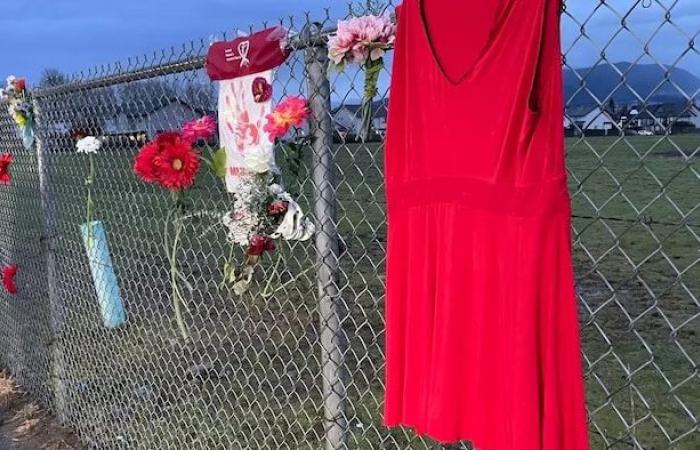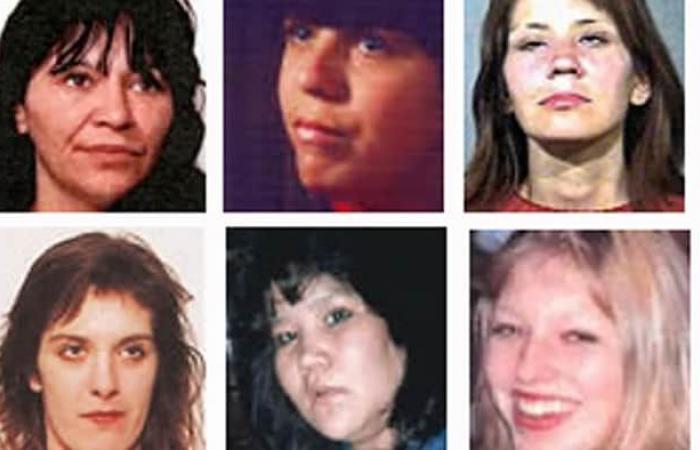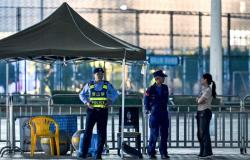A British Columbia Supreme Court judge says he has the jurisdiction to order the disposal of thousands of pieces of evidence seized from serial killer Robert Pickton’s pig farm decades ago, which whether they were used or not during his murder trial.
A ruling released online Wednesday said the Royal Canadian Mounted Police (RCMP) can seek the elimination of some 15,000 pieces of evidence collected during the search of Pickton’s Port Coquitlam property, including objects determined to belong to the victims
.
Police asked the court for directions last year to be allowed to eliminate the mountain of evidence gathered in the case against Pickton, who was convicted of second-degree murder of six women, although he was initially charged first degree murder of 27 women.
Pickton died in May after being attacked in a Quebec prison.
Some of the victims’ family members have challenged the suppression of evidence because they have a civil lawsuit pending against Pickton’s estate and his brother, David Pickton. They want to make sure the evidence they need isn’t scattered or destroyed.
The court rejected their request to intervene in July this year, and has now ruled that it has the power to order the destruction of the evidence, whether or not it was used at Pickton’s trial.
The decision indicates that the police plan to present a series of requests
to obtain court orders allowing her to get rid of the evidence because she is legally obliged to get rid of the goods
since they are no longer necessary for any investigation or criminal procedure.
Open in full screen mode
Flowers and a red dress are tied to a fence surrounding Robert Pickton’s old farm.
Photo : - / Rafferty Baker/CBC
Judge Frits Verhoeven said in his ruling that there may be reason to doubt the court’s jurisdiction over items seized from the farm that were not presented as evidence.
But he indicated that would be a decision to be made later, noting that the question of whether the court retains its inherent jurisdiction to order the destruction of seized items may remain for consideration, if necessary, in another case
.
Jason Gratl, the lawyer representing victims’ family members in the civil cases against the Pickton brothers, assured in an interview Wednesday that the court’s latest ruling does not mean the evidence will be destroyed.
Any concerns about the destruction of evidence are premature. It is not because the court will hear the request for authorization of the GRC to destroy the evidence that the court will accept it.
Open in full screen mode
Undated photos of six of serial killer Robert Pickton’s victims: Georgina Papin, Sereena Abotsway, Mona Wilson, Marnie Frey, Brenda Wolfe and Andrea Josebury.
Photo : Reuters / Ho New
Mr. Gratl asserted that if the GRC makes a request to get rid of evidence that could be useful in proving civil cases, he would ask the court to have it.
We would seek to take possession of any evidence whose GRC no longer wants in order to prove this civil claim
he declared.
Mr. Gratl noted that no date has been set for the hearing of the civil cases.
The court’s previous decision indicates that the GRC agreed to allow some of the civil case plaintiffs to participate in a limited way
to the disposal request process, agreeing to inform them if the police identify a ownership right or proprietary interest in the items
to destroy.







